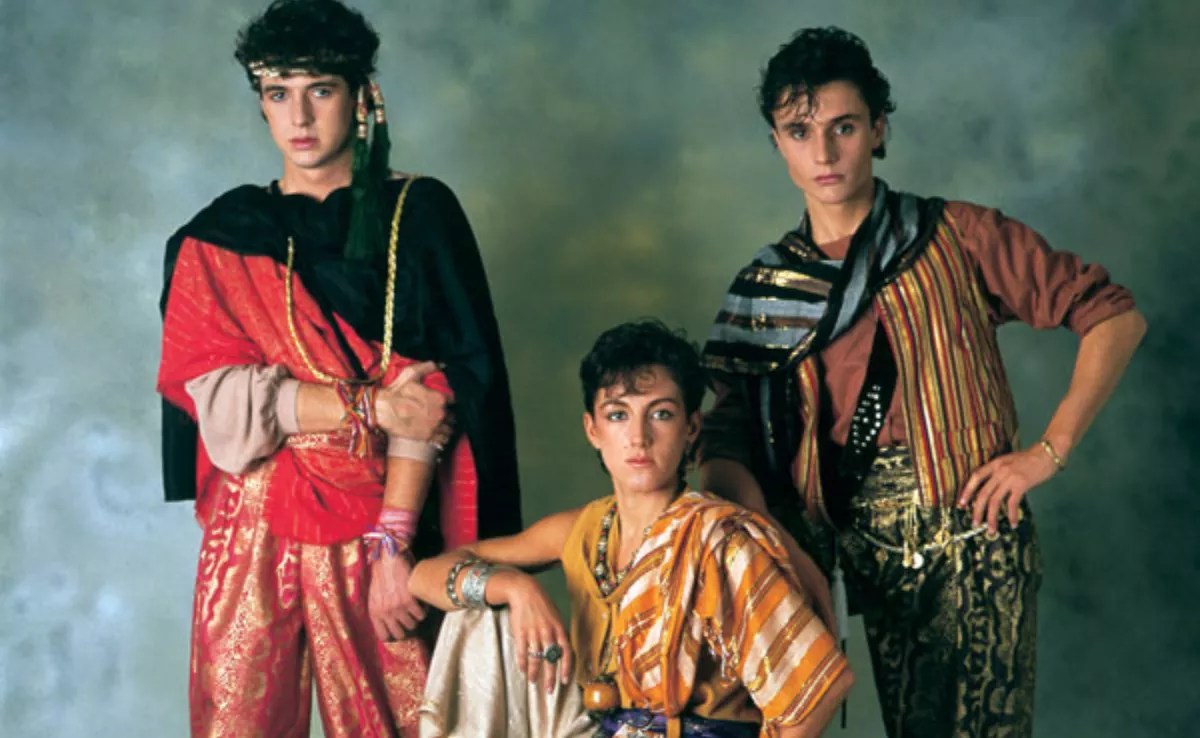
SANTA CRUZ DE TENERIFE, 25th May. (EUROPA PRESS) –
The Department of Cultural Heritage of the La Laguna City Council, in collaboration with Taro Somos Patrimony, has introduced the video game ‘Aguere. The Foundation’. This innovative tool enables the digital reconstruction of the development of La Laguna, allowing players to be part of its transformation between 1496 and the late 18th century. This interactive project, designed for PC gaming, is now accessible for free. It also includes a dissemination plan targeting students and teachers of the municipality, scheduled to kick off with the upcoming academic year.
Emphasizing the significance of this project, Adolfo Cordobés, the Councilor for Cultural Heritage, pointed out that this initiative is a product of collaboration between the Council and young entrepreneurs and historians from the municipality and the island. It aligns with the new local heritage education strategy and is seen as an effective approach to ensure the knowledge, protection, and preservation of cultural assets, in line with the recent national plan in this field.
Cordobés elaborated on how this initiative complements existing efforts to engage individuals of all ages and enhance the dissemination associated with La Laguna’s membership in the Network of Spanish Heritage Cities. Recognizing that video games are a popular form of entertainment among the younger generation, Cordobés highlighted how this genre serves as an ideal platform to convey the significance of the heritage values of La Laguna to this demographic.
The Councilor shared, “We aim to provide a fun and engaging experience that challenges players to reconstruct the streets, buildings, and socio-economic aspects of the Canary Islands’ only World Heritage city. La Laguna celebrates the 25th anniversary of its UNESCO designation this year. This game not only offers entertainment but also educates players about our history, monuments, and unique characteristics, laying the foundation for raising awareness about safeguarding these aspects from an early age.”
Cordobés also acknowledged the importance of incorporating sustainability into urban planning and management in La Laguna, highlighting ongoing efforts to update the municipality’s Special Plan for the Protection of the Historic Complex. He emphasized the commitment to citizen participation in these initiatives and the establishment of the first Historic City Office.
Luana Studer, a technician at Taro Somos Patrimony, shared insights into the game ‘Aguere. The Foundation’, emphasizing its focus on using entertainment as a pedagogical tool for players to learn about the origins of local heritage and explore the architectural evolution of the city in an engaging manner.
Studer explained, “Players will not only construct the city but also unlock construction units and key monuments corresponding to different historical periods, ultimately aligning with the 1779 plan drafted by M. le Chevalier. Beyond city-building, players will manage resources, population dynamics, and economic development, with the possibility of facing social and physical collapse due to incorrect decisions.”
The game recreates natural landscapes such as surrounding mountains and the ancient lagoon after which the city is named. Players can integrate various constructions based on the architectural styles of each era, beginning with mud houses and thatched roofs, progressing to workshops and agricultural developments.
Exploring Three Centuries
As gameplay advances, players encounter more intricate structures, including iconic historical buildings like the Alhóndiga, Casa de los Capitanes, Town Hall, Cabildo, Plaza del Adelantado, and the churches of La Concepción and Los Remedios. This journey spans three centuries of local history and provides detailed descriptions highlighting the heritage and historical significance of these buildings, connected to their present real-world locations.
This immersive experience enables players to delve into the 18th-century depiction described by Viera y Clavijo in his History of the Canary Islands, offering insights from numerous European travellers of the era. During this period, La Laguna served as the hub of political, religious, cultural, and social power on Tenerife, declining with the designation of Santa Cruz de Tenerife as the capital of the Canary Islands in 1833.
The game, accessible at https://juegoaguere.lalaguna.es, features an educational component aimed primarily at students and educators. Following the game’s digital launch, the second phase planned to commence with the new academic year focuses on its utilization as an educational tool. The project team will conduct training sessions and tutorials for teachers to maximise the educational benefits of the game within municipal primary schools.
In September, team members, including History PhDs, will visit educational institutions to provide training and tutorials for educators. Talks tailored to students will cover the city’s evolution since its establishment, its unique heritage, and the operational aspects of a game meticulously designed to mirror historical reality.
















